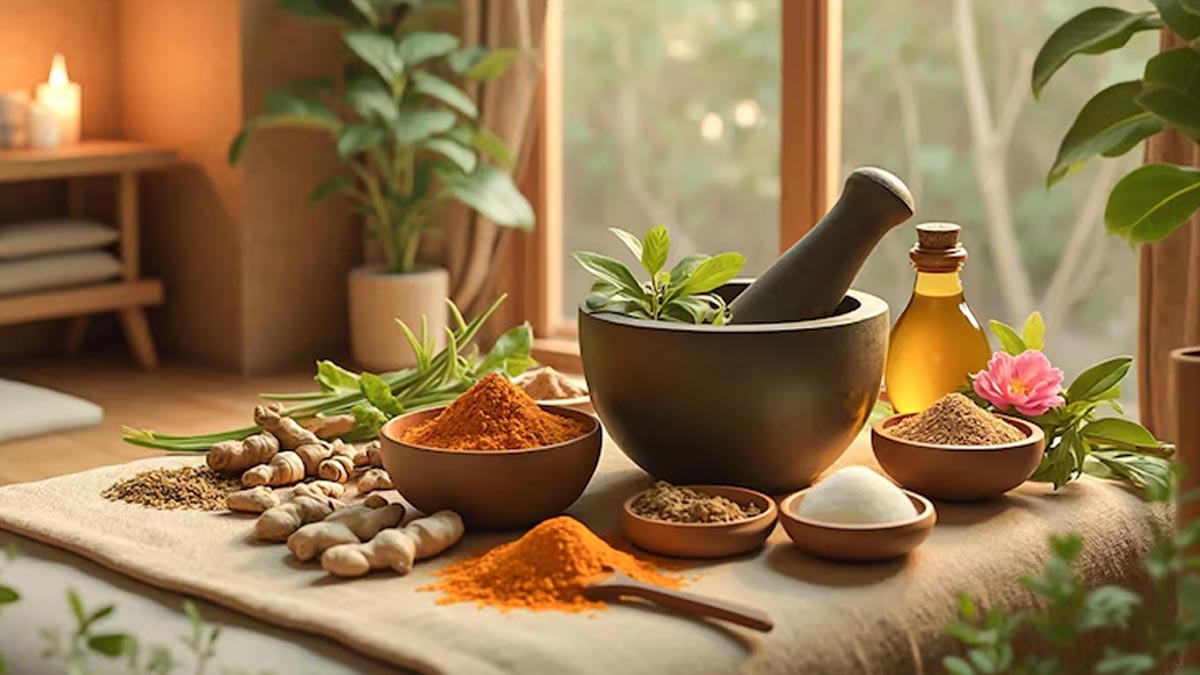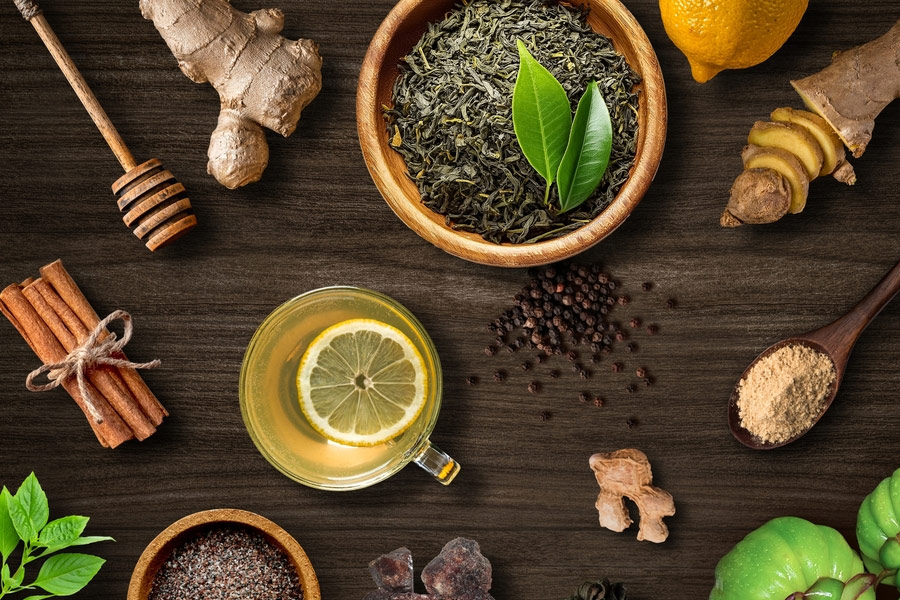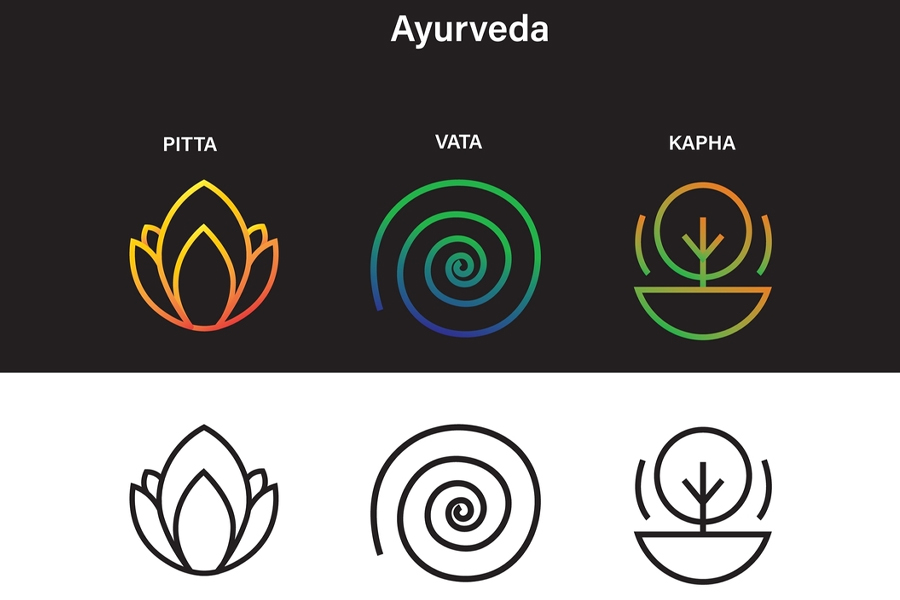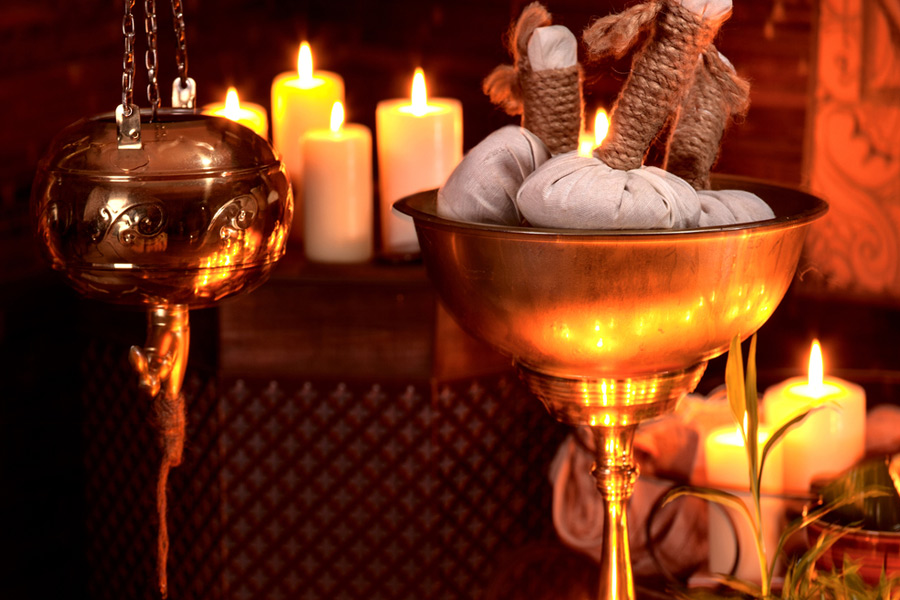
In today’s fast-paced world, the accumulation of stress, pollution, and unhealthy habits can lead to the rapid buildup of toxins, affecting not just physical health but also mental and emotional well-being. Ayurveda, with its holistic approach to health, offers Panchakarma—a detoxification and rejuvenation therapy that counters these modern challenges by cleansing the body, clearing blocked energy channels, and restoring balance to the doshas.
Table of Content:-
To understand more about Ayurvedic Panchkarma, OnlyMyHealth team spoke to Dr Arun Pillai, Wellness Director, Dharana, Shillim.
Dr Pillai explains that “Panchakarma is a profound therapy celebrated for its ability to cleanse the body and restore harmony, making it ideal for those seeking deep physical, mental, and emotional rejuvenation.”
As we celebrate Ayurveda Day, it’s a great opportunity to reconnect with this ancient healing system that goes far beyond mere detoxification. Panchakarma isn’t just a physical cleanse but a comprehensive pathway to restoring harmony within the body and mind.
Understanding Panchakarma

Panchakarma, meaning "five actions" or "five treatments," is a traditional Ayurvedic practice that cleanses the body of accumulated toxins, known as ama, and rebalances the body’s natural constitution. According to Ayurvedic philosophy, our bodies are exposed to toxins through poor diet, stress, and pollution, leading to imbalances in the doshas—Vata, Pitta, and Kapha. Dr Pillai explains, "The goal of Ayurveda Panchakarma is not only to cleanse the body but also to rejuvenate it, allowing the body to heal itself and improve overall well-being."
The treatment is highly personalised, tailored to the individual's constitution (prakriti) and specific health needs. Panchakarma’s five main therapies address different types of imbalances and are administered based on individual requirements. Before the main therapies, the body undergoes Purvakarma, a preparatory phase that involves oil therapies and fomentation to ready the body for detoxification. Each of the five therapies has a unique focus:

Vamana (Therapeutic Emesis): A controlled vomiting therapy to alleviate Kapha imbalances, helping clear excess mucus and providing relief from conditions like asthma, congestion, and indigestion.
Virechana (Purgation Therapy): Focuses on Pitta imbalances by cleansing the liver and intestines, targeting conditions such as skin diseases, hyperacidity, and inflammation.
Basti (Enema Therapy): Known as one of the most potent Panchakarma therapies, Basti balances Vata through the administration of medicated oils or herbal decoctions into the colon, supporting detoxification, digestion, and energy flow.
Nasya (Nasal Administration): Nasal administration of herbal oils or powders, which clears the head and neck area, making it effective for sinusitis, migraines, and chronic headaches.
Raktamokshana (Bloodletting Therapy): Controlled bloodletting is used to detoxify the blood, particularly beneficial for skin diseases and Pitta-associated conditions, such as acne and eczema.
The Benefits of Panchakarma for Modern Life
Panchakarma’s benefits extend beyond detoxification, offering a holistic approach to health that is relevant to the modern lifestyle. Dr Pillai emphasises, “In a world where we are constantly exposed to physical, mental, and emotional stressors, Panchakarma helps us release these burdens, allowing our bodies and minds to function optimally.”

Some of the core benefits include:
Detoxification: Panchakarma cleanses the body on a cellular level, helping remove toxins from the digestive system and organs, which supports better nutrient absorption.
Rejuvenation: Following detoxification, the body enters a rejuvenation phase, promoting healing and revitalising energy levels, skin health, and overall vitality.
Mental clarity: Panchakarma is known for its calming effects on the mind, aiding in mental clarity, reducing anxiety, and promoting emotional balance.
Immune boost: By restoring natural balance within the body, Panchakarma strengthens the immune system, making it more resilient to diseases.
Holistic healing: As it addresses the body, mind, and spirit, Panchakarma leads to complete harmony and well-being.
In essence, Panchakarma is more than a detox program; it’s a pathway to a balanced life. This Ayurvedic therapy provides individuals with tools to manage modern challenges and emerge with a sense of renewal, peace, and vitality. As Dr Pillai aptly notes, “Panchakarma is a comprehensive Ayurvedic approach to counter the effects of modern living, offering a return to balance and a way to live more fully.”
Also watch this video
How we keep this article up to date:
We work with experts and keep a close eye on the latest in health and wellness. Whenever there is a new research or helpful information, we update our articles with accurate and useful advice.
Current Version